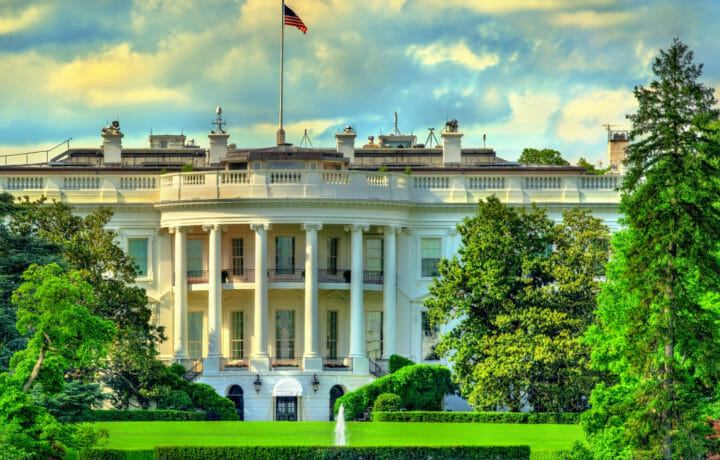Presidential transitions are among the most complex and high-stakes administrative processes in government. Yet for nearly five decades, one consistent issue has plagued both Republican and Democratic administrations: the inadvertent removal of classified documents during these transitions. Recent discoveries of such materials in unsecured locations across multiple administrations have brought renewed urgency to this issue, prompting President Biden to establish the Presidential Records Transition Task Force in February 2024.
This initiative marks a significant step toward ensuring the proper handling of sensitive documents and Presidential records, with a clear focus on safeguarding classified materials.
A Comprehensive Approach to a Persistent Problem
The Presidential Records Transition Task Force was created to evaluate current practices and develop robust recommendations for improving the management of classified materials during transitions. Comprising key agencies and offices involved in Presidential transitions, such as the General Services Administration (GSA), the National Archives and Records Administration (NARA), and the Office of the Director of National Intelligence (ODNI), the Task Force also included representatives from within the Executive Office of the President (EOP).
Their mandate included:
- Studying previous Presidential transitions to identify best practices;
- Recommending guidance and training for staff involved in the transitions;
- Evaluating legislative, rulemaking, and executive authority reforms; and
- Proposing actionable recommendations to safeguard classified materials.
Key Findings and Recommendations
After months of analysis by its working groups, the Task Force presented its final recommendations in December 2024. These recommendations address the most critical vulnerabilities in the handling of classified records and propose actionable solutions across three key areas:
1. Enhanced Guidance Materials
The Task Force found that the chaotic nature of outgoing transitions often leads to inadvertent retention of classified materials. Departing staff, juggling multiple responsibilities, may unintentionally mishandle sensitive documents. To mitigate this risk, the Task Force recommended providing:
- Short, clear, and accessible guidance materials outlining obligations under the Presidential Records Act;
- Detailed instructions on identifying and transferring classified materials, including checks of desk drawers, safes, and home offices; and
- Clear protocols for addressing post-transition discoveries of sensitive records.
Already, the Biden-Harris Administration has implemented these recommendations by issuing updated guidance and contact information for staff handling classified materials.
2. Improved Training on Classified Records Management
Regular and comprehensive training emerged as a critical need. The Task Force emphasized integrating Presidential Records Act obligations into existing security clearance briefings and debriefings. Staff should be trained on:
- Proper handling and transfer of classified materials during transitions;
- Steps for ensuring classified Presidential records are securely preserved; and
- Processes for post-transition handling of sensitive materials.
In response, the EOP has updated security clearance indoctrination and offboarding processes to include these training components, ensuring that all staff are well-equipped to handle classified records.
3. Dedicated Resources for Secure Post-Transition Spaces
A significant gap identified by the Task Force is the lack of secure facilities for former Presidents and Vice Presidents to access classified materials post-transition. While the Presidential Records Act mandates such access, current resources are insufficient to support this need effectively.
The Task Force recommended that Congress:
- Allocate funding for dedicated secure storage and review facilities for classified materials in post-transition offices;
- Facilitate partnerships with federal agencies to use existing secure spaces during the construction of permanent facilities; and
- Ensure long-term support for compliance with statutory requirements.
A Path Forward
By addressing these vulnerabilities, the Presidential Records Transition Task Force has laid the groundwork for more secure and efficient transitions. The recommendations emphasize both preventive measures and responsive protocols, reflecting a commitment to upholding the integrity of classified records management.
These reforms are not just administrative improvements; they are vital steps in maintaining trust, security, and accountability during and after Presidential transitions. Moving forward, the successful implementation of these recommendations will rely on sustained focus, inter-agency cooperation, and appropriate legislative support.




